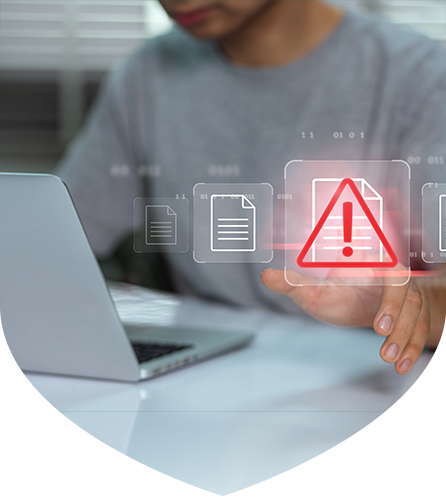Financial Wellness
Never Store These 10 Things in Your Wallet
Even though more people are switching to digital wallets to store their credit cards, prepaid cards, and debit cards, it's still important to carry an organized physical wallet that contains essentials such as your driver's license, cash, and insurance cards.
But in the event you lose your wallet, it's even more important to double-check what you are not carrying inside it. Check this list below to steer clear of bigger issues you may face if your wallet is lost or stolen.
- Social Security Card – Let's start with the biggest no-no. You do not need this for daily use, and criminals can cause a plethora of damage if they find this. Your social security card should be stored in a safe, or another secure place that can only be accessed with a key.
- Multiple credit cards – Pick one credit card and one debit card to carry. The rest should be left at home. If you lose your wallet, you will have fewer cards to cancel and replace and less access for criminals to use or steal your money.
- Blank checks – Checks are no longer a common method of payment, so there is no need to carry blank ones around.
- Checks made out to you – Even when you receive checks, you should cash them digitally to your Tower account using our App as soon as you can. If criminals receive a check made out to you, they can manipulate the signature and steal the money.
- PINs – If you lose any credit or debit cards, the only thing worse that can happen is if a criminal receives access to your account, too. That's why you shouldn't carry any PINs on paper or cards in your wallet.
- Passport or passport card – As the U.S. State Department notes, "The U.S. passport is considered to be the most valuable identity document in the world. It can be used to provide proof of U.S. citizenship and allows its bearer access to virtually every country in the world." Be sure to lock it up in a secure location, and not in your wallet.
- List of your passwords – If your wallet is lost or stolen, a criminal will have access to everything—and you may not even remember all the different accounts you wrote down on that piece of paper.
- Unused gift cards – This is the same as giving cash to thieves. If you aren't planning on using the gift card, leave it at home.
- Library card – As harmless as it seems, a stolen library card can be abused. A criminal can use your card to check out books and sell them for money, leaving you liable.
- Receipts – Even though full credit card numbers are not displayed on receipts, they may still display partial numbers, which can be valuable information to a scammer. They could then create a legitimate-looking email from a company or financial institution asking you to confirm your full card number after showing they have the final digits. Toss receipts, save them electronically to your phone, or store them safely at home.
Resources: AARP, Neat Caroline, the U.S. State Department


